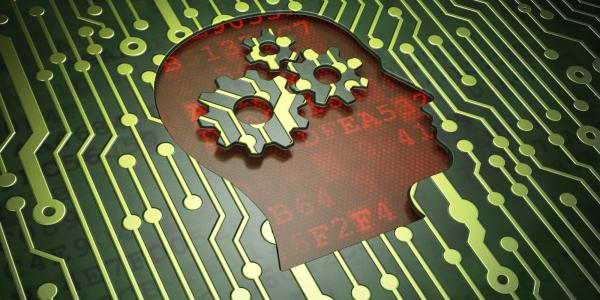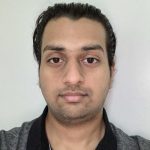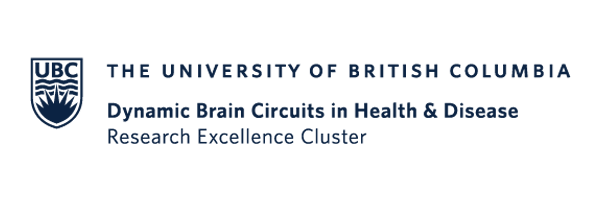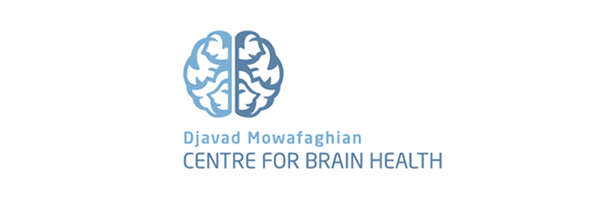
NEW ONLINE DATABINGE, FRIDAY’S STARTING 12:30PM
We have re-booted Databinge as an online meeting to tackle coding and new approaches to data analysis. The team will be online via slack and will breakout in to Zoom meetings to discuss points of interest in more detail. Contact a tutor via email (see bios below) for slack invites and zoom addresses. We recommend labs prep OSF projects in order to share data and code. Info on using OSF can be found here.
TUTOR BIOS
ABHIJIT CHINCHANI (Djavad Mowafaghian Centre for Brain Health)

Abhijit is an electrical engineer by training, with a strong drive to understand the brain. He uses his quantitative skills in signal processing and machine learning to solve convoluted problems in cognitive computational neuroscience. He is currently a graduate student in the Department of Bioinformatics at UBC. Under the guidance of Dr. Todd Woodward, he is investigating the physiological and behavioral effects of transcranial alternating current stimulation (tACS). His work involves using brain imaging techniques like EEG, MEG, and fMRI and developing analysis workflows to process the data. These include preprocessing, dimensionality reduction of the imaging data, and prediction. He is also involved in designing psychophysical experiments and analyzing behavioral data. Although most of his coding experience is in MATLAB, he also has some experience with Python, C, and Java. Abhijit’s email
Analysis techniques/tools used:
- Statistical control of artifacts in dense array EEG/MEG studies (SCADS) – MATLAB
- Unsupervised dimensionality reduction techniques like PCA and ICA – MATLAB
- Supervised dimensionality reduction
- Partial least squares-discriminant analysis (PLS-DA) – MATLAB
- Denoising Source Separation (DSS) using joint decorrelation – Noise toolbox, MATLAB
- Gaussian Process Factor Analysis (GPFA) – MATLAB
- Constrained PCA – MATLAB
- Multitaper spectral analysis – Chronux Toolbox, MATLAB
- Multidimensional signal detection model – MATLAB
- EEGLAB, Fieldtrip – MATLAB
- Psychtoolbox – MATLAB
- Machine learning models like – SVM, KNN, decision trees, neural nets – MATLAB, Python
PARSA DELAVARI (Djavad Mowafaghian Centre for Brain Health)

Parsa Delavari is a PhD student in Neuroscience at the University of British Columbia (UBC) with a background in electrical engineering. His research sits at the intersection of computational neuroscience and machine learning. Currently, Parsa is utilizing publicly available calcium imaging and Neuropixels datasets of simultaneously recorded neurons to develop biologically-inspired deep neural networks that capture neuronal dynamics and connectivity. In previous work, he used convolutional neural networks (CNNs) to model brain responses to visual stimuli and generate synthetic fMRI responses to unseen images. His Master’s thesis focused on discovering new biomarkers in retinal fundus images using CNNs and deep learning interpretability techniques, leading to the discovery of previously unknown sex differences in the retina. Parsa’s email
Analysis techniques/tools used:
- Machine learning and deep learning libraries (scikit-learn, PyTorch, TensorFlow) – Python
- Deep learning models (CNNs, RNNs, Transformers, Graph Neural Networks) – Python
- Interpretability techniques (Guided Grad-CAM, Feature Visualization) – Python
- fMRI Analysis and Processing – FSL, fMRIPrep
- EEG Analysis and Processing – EEGLAB (MATLAB)
- Behavioral Experiment Design – Psychtoolbox (MATLAB)
- Statistical tests (t-test, ANOVA, Chi-Square, etc.) – Python, R
MARGO KAPUSTINA (Djavad Mowafaghian Centre for Brain Health)

Margo is a Neuroscience MSc student with a background in neurobiology. Her research focuses on identifying unique transcriptomic neuronal subpopulations and their spatial organization in the deepest laminar layer of the neocortex, Layer 6b. Specifically, her work involves the use of single-cell transcriptomic techniques such as single-cell RNA sequencing (scRNA-seq), multiplexed fluorescent in situ hybridization (mFISH), and single-cell spatial transcriptomics (scST). As such, she is experienced in using R for the integration, dimensionality reduction, clustering, and identification of differential gene expression in scRNA-seq and scST datasets. Furthermore, she has developed a user-friendly R package that streamlines computational scST analysis workflows, that is publicly available on Github. In addition to her work, Margo also assists in the teaching of an R workshop for CAPS students at UBC. Her main language is R, while she has some familiarity with python. Margo’s email
Analysis techniques/tools used:
- Dimensionality Reduction (PCA, tSNE, UMAP) – R
- Clustering (kmeans, hierarchical, Louvain) – R
- scRNA-seq Analysis (with Seurat) – R
- Xenium Analysis (with Seurat) – R
- Visium Analysis (with Seurat) – R
- R Package creation – R

